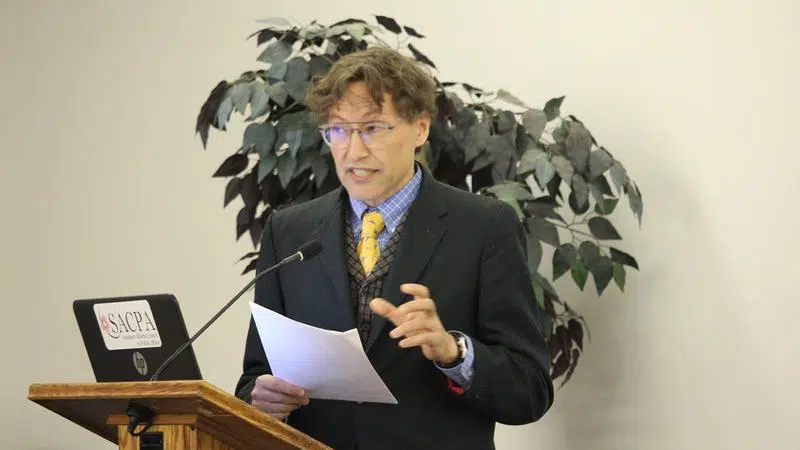
Aboriginal rights, Canadian law and the future of land claims in Canada
LETHBRIDGE, AB – Truth and reconciliation has been a focal point for both Indigenous and non-Indigenous Canadians for several years now both in politics and in everyday life.
By most accounts, progress is being made, but underneath the surface what could be the next issue that will take the most time to sort out?
It could be land claims, according to Dr. Christopher Nowlin.


